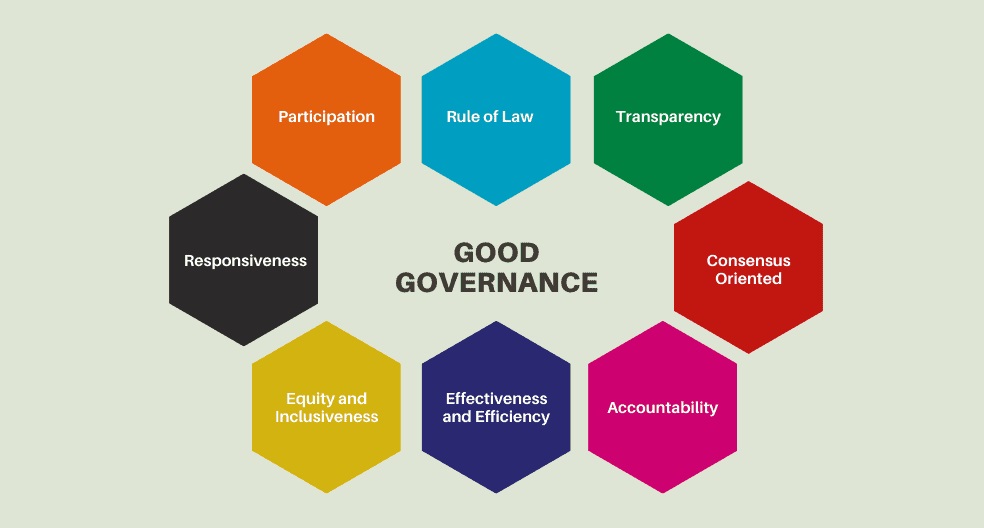
Word Count480 – 2 ½ Minute read
Improving governance is complex for executives because it brings a real personal risk. The role of association governance requires a radical overhaul. We must radically adapt our governance structure and director know-how to meet the challenges of an environment fundamentally being altered by new economics, social change, internal and external political discourse, and advanced technology.
In almost all cases, with the possible exception of the foundation community, directors are elected or appointed from within membership categories in the industry or discipline where the association conducts its work. Far too often, serving on a board results from a reward system built on one’s performance within the association. A member serves on committees, volunteers at events, achieves appointment or election at a local or regional level and is rewarded by becoming a national or international board director. Usually, these individuals are highly competent in their field or discipline. The problem, however, is that serving as a director requires knowledge outside of the association’s discipline or industry-specific arena.
We could discuss how this historically has become the norm. Still, without assessing what we have learned from this history, we can say that it is a failure in the new frontier the Association community faces. Instead, consider a few fundamental changes that will dramatically improve board governance in the association community.
Here are a few suggestions:
- Outside directors, not necessarily from within the membership, are necessary to improve board governance. We must find experts in finance, technology, marketing and communications, and global awareness to serve on the boards.
- Paying board members: it is time to consider providing board members with compensation for their timeas directors.
- Director education: funds must be allocated for ongoing director education. The director’s traditional fiduciary responsibilities should include foresight, strategic thinking, communication, teamwork, and organizational knowledge. Investments in directors understand their full responsibilities outside of short onboarding and a legal summary of the traditional fiduciary duties.
- Revamping the Executive Committee:sometimes, because of size and other times based on a need for immediacy, executive committees have become substitute boards. Modern technology provides ample opportunity for the board to convene promptly. An officer collaborative, designed to develop director competencies, is a potential starting point.
- Oversight, not management: boards of directors must fully understand the difference between institutional oversight and the day-to-day management of operations. While this is a long-standing issue, it has not received the severe examination and face-to-face collaboration that empowers the CEO to carry out the association’s overall direction.
The above suggestions are outlined and not all-inclusive. A deeper dialogue is essential to protecting the value the Association community brings to society that poor governance diminishes. The argument is not that directors lack intelligence;they do not have the tools and skills to carry out their vital functions.
Let me know what you think.